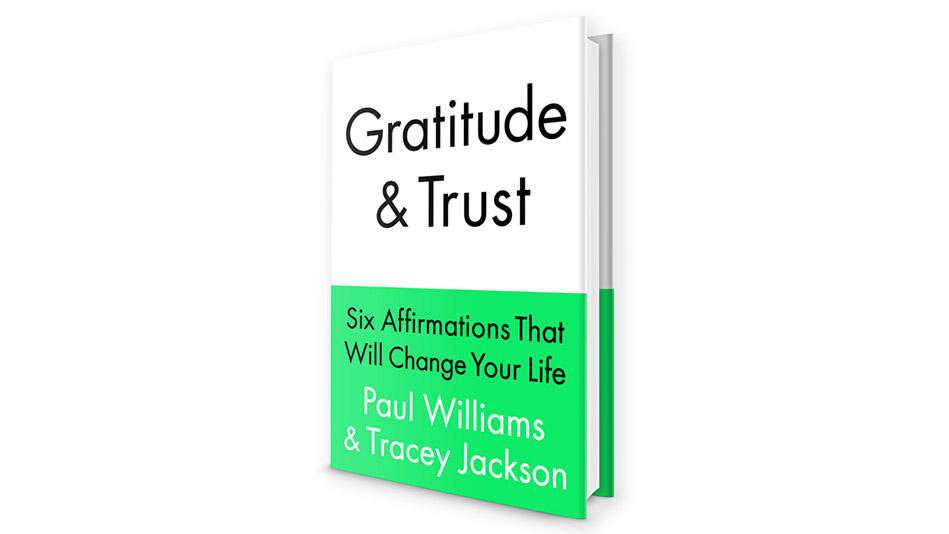
The One Thing Holding You Back from Your True Calling
I really want to get out of this job and start that little catering business. I think it would do well. Except what if I'm making a mistake? Except I can't find the time to look for a space and set it all up, and I would have to dip into some of my savings. Except, while I'm not happy in this job, it does give me security, another twenty years and my pension kicks in. Except. Except. Except.
Accept the fact you only have one life to live, and if you don't take a stab at your dreams, you will always live in regret. Accept the fact you may have to juggle two jobs and some extra responsibility for a while but if the payoff is doing the work you love and being your own boss, it's a small price to pay. Accept the fact that your fear-based thinking has only held you back.
Many people end up spending their lives in the black hole of exeptions because it's often easier and less scary than actually accepting the situation for what it is. Accepting your role as the writer, director, and producer of the failed parts of your life story is a powerful path to real change.
Yes, there will be circumstances out of your control. Yes, sometimes the universe sends a season or two of tornadoes your way. But in the average life, we end up excepting far more than we end up accepting.
Once you accept things for what they are and really own them and take stock of how they are affecting your life and happiness, you have little choice but to change them and move forward.
1. Make a list of all your unrealized goals. How many are a direct result of your fear-based thinking? How many "excepts" do you use as an excuse for not following through and how is this impacting your life and the lives of those around you?
2. Accept the fact that you are responsible for the inaction that is a result of this.
3. Realistically assess your abilities. What are you actually capable of? A proper inventory of your talents will allow you to separate fact from fable. Do you have the ability to deliver the dream you seek?
You won't have all the answers at first. At some point you'll have to trust. And move forward. Sometimes just moving in any direction, even if it's not exactly where you want to go, will at least get you going. And you might just end up exactly where you are supposed to be.













